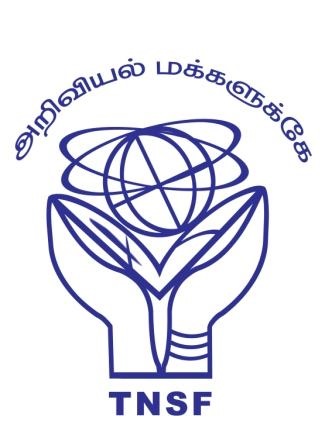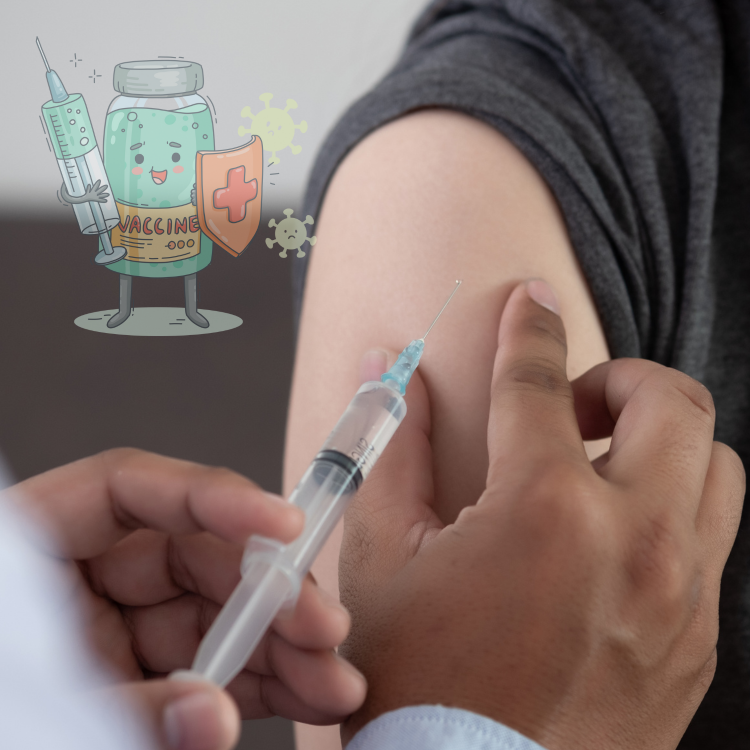About Program

This is part of its efforts to popularize science to the general public and students who are pursuing science as their career. TNSF attempt to focus on students on higher science as everyone knows that learning of science at college within the curriculum is not enough to acquire holistic knowledge of science at the appropriate time. Hence, to fill the gap between what students are acquiring through the curriculum and what it is required, TNSF is planning its activities on higher science to students who are pursuing higher education.

About the Lecture Coronavirus disease 2019 (COVID-19) pandemic caused by severe acute respiratory syndrome coronavirus 2 (SARS-CoV-2) was an unprecedented global calamity. Covid vaccine was a global emergency. Vaccination programmes were rolled out globally, and most of these vaccines were approved without extensive clinical studies on their side-effects and efficacy. Vaccines like drugs also have side effects: some are acute and some are chronic. Acute side effects (Less than 6 months) are easy to detect and can be evaluated but chronic side effects (>6 months) are much more difficult to detect and prove. Vaccine while imparting immunity, can also induce inflammation, which is seldom studied. Again vaccine induced inflammation can either be acute or chronic. Chronic inflammation can lead to metabolic disturbances (metainflammation). The concept of metainflammation is relatively new, but real. These metabolic disturbances can range anywhere from insulin resistance (which can lead to diabetes) to thrombosis (which can lead to stroke or heart attack). While the antigens in the vaccine induces immunity, the adjuvants which are incorporated to enhance vaccine efficacy, can cause inflammation. Does this mean that, people shouldn't have taken the vaccine or the manufacturers have ended up producing a goofed-up product? The answer is a big NO. Covid vaccines (covishield or covaccine) were largely effective in curtailing the disease, BUT there is a possibility that they might have induced metainflammation. Having said that, what should be the next move? The answer is twofold: At the individual level and at the societal level. At the individual level, vaccinated individuals can undergo screening for common risk factors for metabolic diseases like blood glucose, hypertension, lipid profile, CRP, D-dimers etc. A simple ECG test might also help. At the societal level, Govt should conduct large scale epidemiological studies to access metabolic risk factors, among vaccinated individuals and also to identify immune biomarkers which can be used to identity high risk individuals for vaccine induced metabolic derailment. Scientists should also start working on nutraceuticals which can reduce metainflammation, which can be given as food supplements to reduce inflammation.
